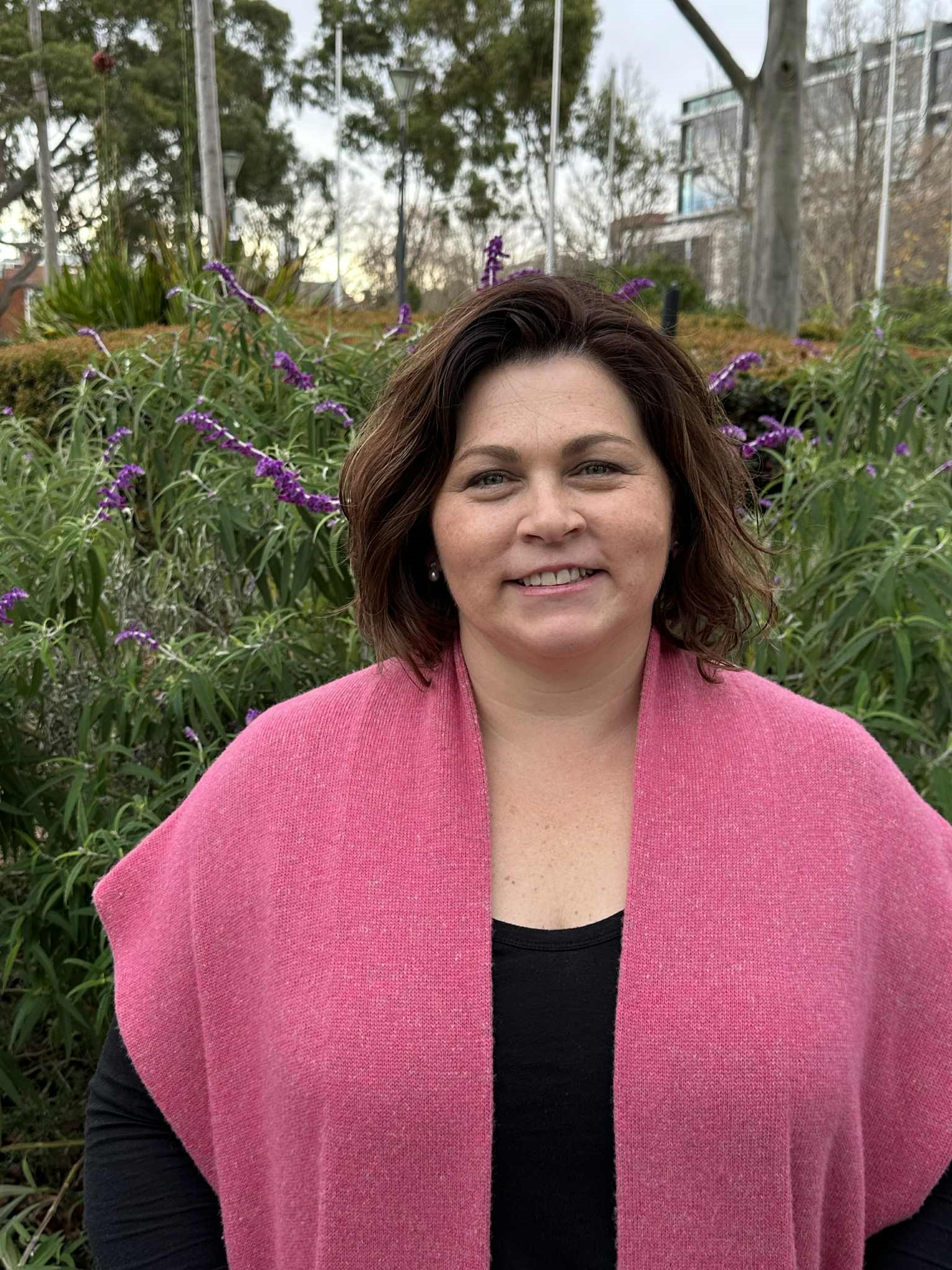‘I get goosebumps just talking about how much of a privilege it is to enter people’s lives at such an intimate and terrible time and support them,’ DonateLife Victoria Family Communication Nursing Coordinator Jess Amsden said. 
DonateLife coordinates organ and tissue donation across the state working with donor families, and our dedicated medical and nursing staff to give people life-saving transplants.
For DonateLife Week, we spoke to Jess about her Australian-first role where she coaches, trains and educates hospital staff who have organ donation discussions with patient’s loved ones at the end of their life.
She works closely with the Western Health team, including our Donation Specialist Nursing Coordinator Jerome Hamoline, to help staff navigate these emotionally complex conversations.
Jess also supports donation nurses, helping them debrief difficult conversations, share experiences with peers, and discuss improvements.
She also meets with grieving families and supports them to make a decision about organ donation, including people who are choosing Voluntary Assisted Dying (VAD).
The worst day of their life
‘Every family we meet is different, but they all have something in common,’ Jess said.
‘It’s usually the worst day of their lives, their loved one is in intensive care, and they are on a roller-coaster of emotions, feeling disempowered, shocked and discombobulated.
‘One of the biggest factors that helps families during this difficult time is knowing their loved ones' wishes about organ donation.
‘Families are often in shock, and they don’t want to make the wrong decision and find it hard to think logically.’
‘Understanding what their loved one wanted at the end of their life is incredibly powerful and settling for them in that moment.’
To support staff to navigate these conversations, Jess draws upon her deep empathy, understanding of healthcare (she started her career as an intensive care nurse) and two decades of experience in organ and tissue donation.
Conversations with families are crucial
In Australia, the family of the potential organ donor has the final say on whether the donation will proceed.
When their family member is a registered donor, 80 per cent of families provide their consent for donation to proceed.
This drops to only 4 out of 10 families who agree to donation when their family member was not registered, and the family was not aware of their wishes.
‘That’s why it’s so important to both have the conversation with your loved one and register your preference on the Australian Organ Donor Register,’ Jess said.
She said it was incredibly rewarding to support staff to develop and progress their communication skills.
‘I’d like to thank Western Health staff, particularly those working in intensive care, for normalising organ donation and doing incredible work every day to support families and patients.
One donor's gift can save up to seven lives. For families, Jess said their loved one becoming an organ donor is an ongoing source of pride.
‘Knowing that they could help save the lives of others can be a great comfort for them in an otherwise senseless situation.’
Approximately 1800 Australians are awaiting a life-changing transplant, with a further 14,000 Australians on dialysis for kidney failure.
Find out more
Take one minute to register to become an organ and tissue donor on the DonateLife website and discuss your decision with your family.
